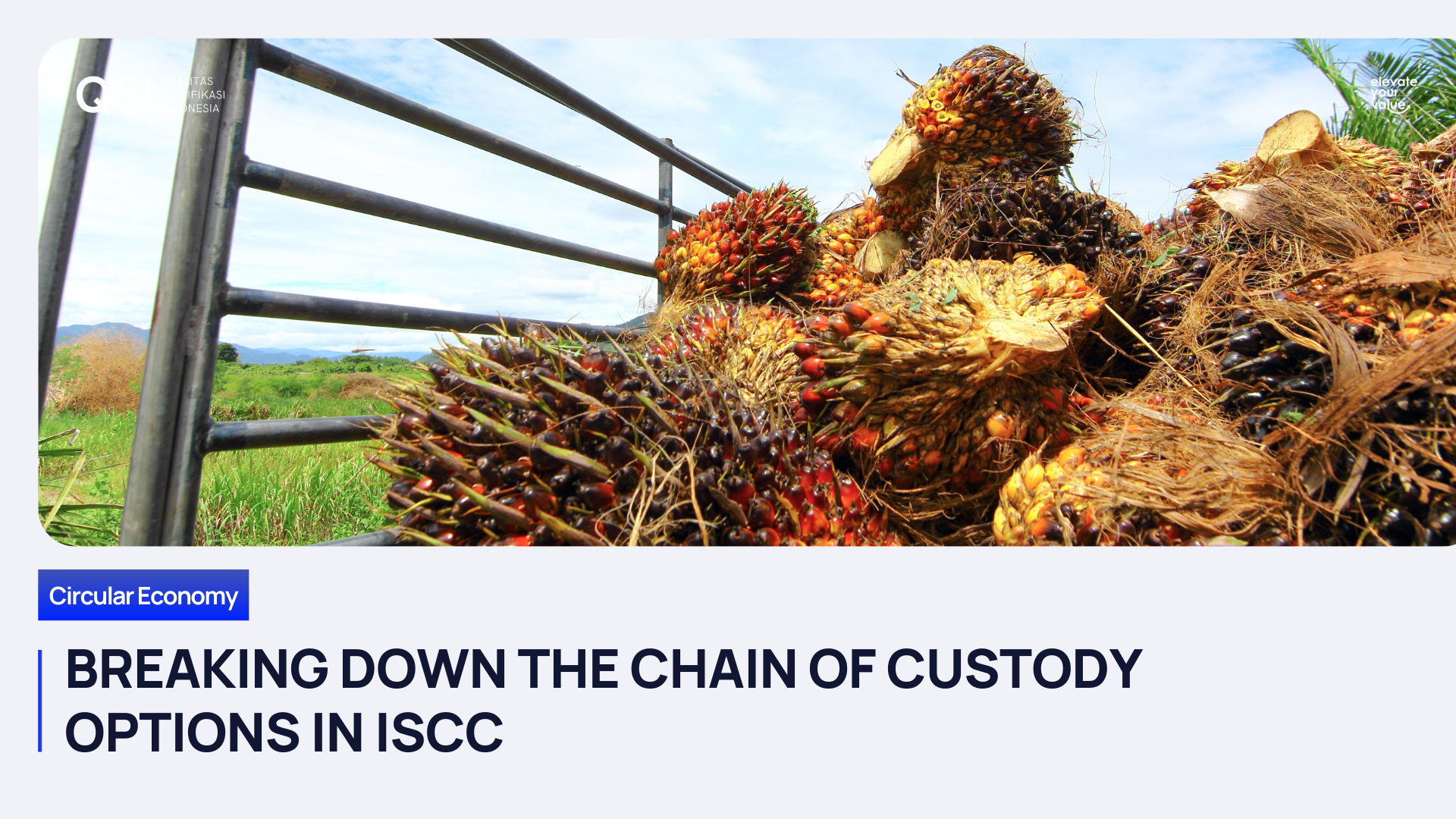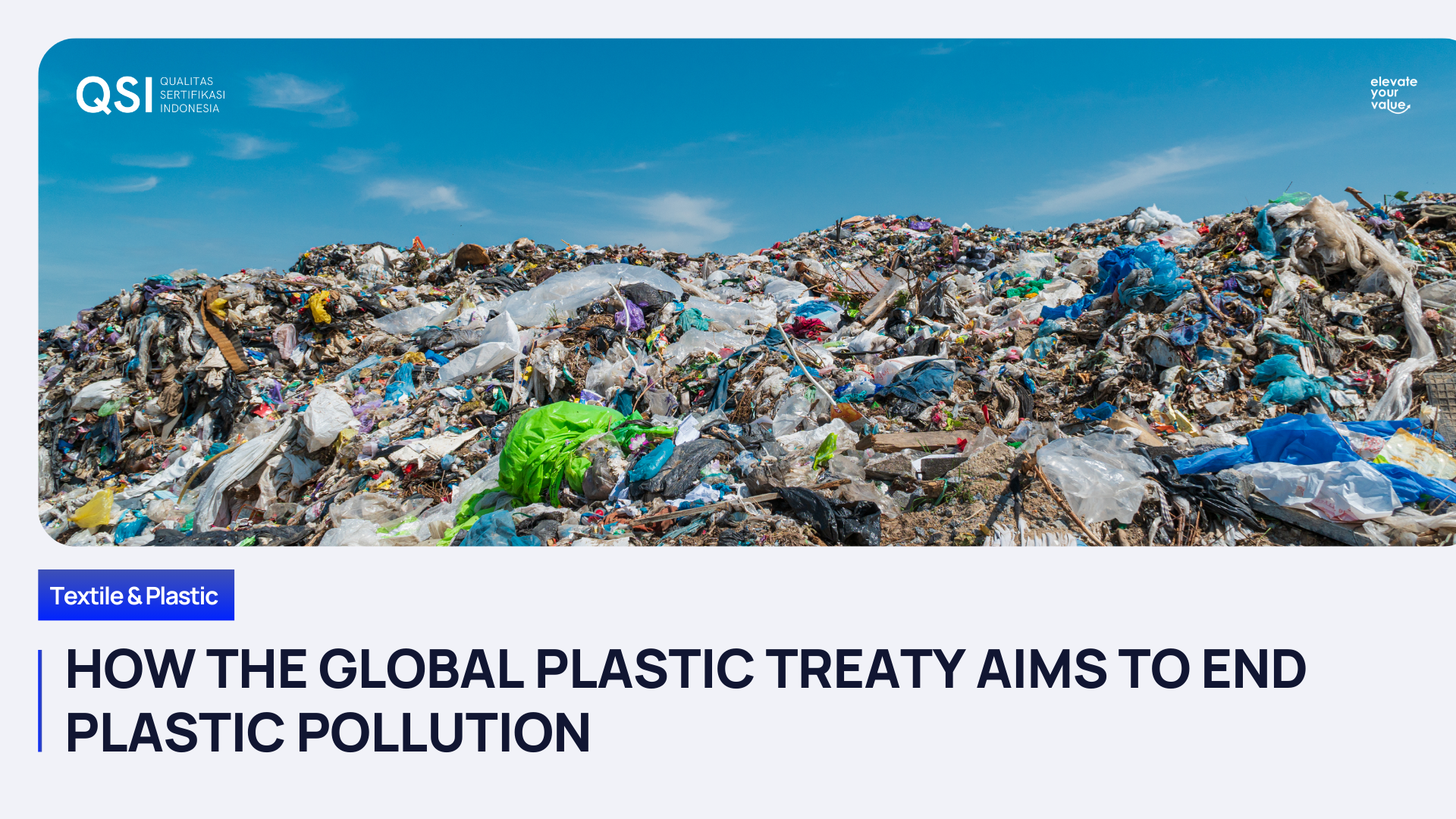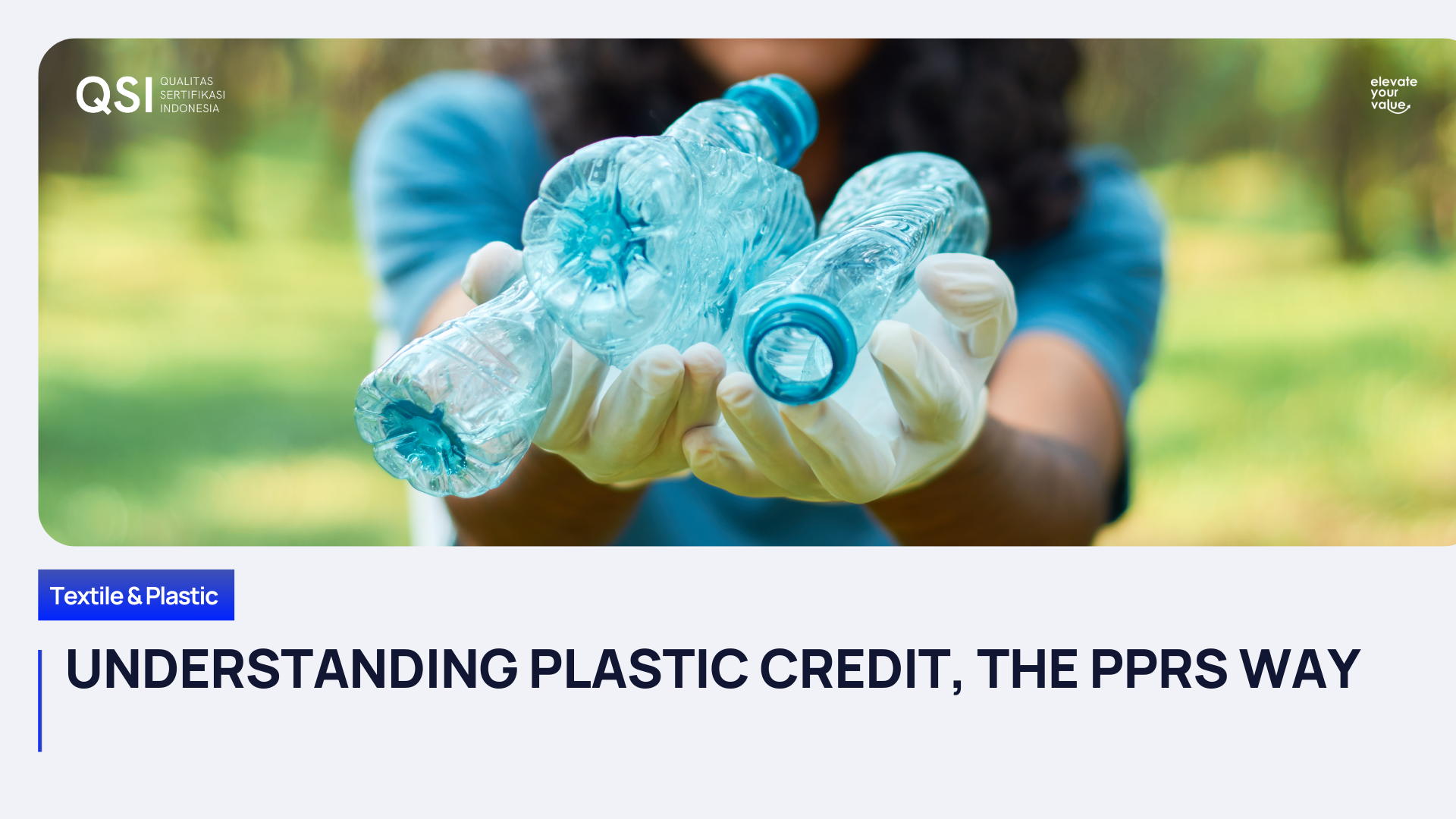Beyond the Drain: How Recycling UCO Powers a Sustainable Future
Used cooking oil (UCO) often ends up as a drain-clogging, landfill-bound waste product. However, this seemingly insignificant kitchen byproduct has a surprisingly positive impact on the environment when handled responsibly. Recycling used cooking oil presents a valuable opportunity to offset greenhouse gas emissions, protect waterways, and advance a more circular economy.
In this article, we'll delve into the environmental advantages of UCO recycling and explore how the International Sustainability and Carbon Certification (ISCC) system empowers and streamlines responsible recycling practices for a more sustainable future.
Why Recycle Used Cooking Oil?
Reduces Greenhouse Gas Emissions
When UCO is discarded into landfills, it decomposes anaerobically, producing methane – a potent greenhouse gas that contributes to climate change. On the other hand, recycling UCO enables its conversion into biofuels like biodiesel, which have a significantly lower carbon footprint than traditional fossil fuels.
Protects Water Systems
Dumping UCO down the drain wreaks havoc on sewer systems. The oil solidifies, creating "fatbergs" that clog pipes and cause wastewater backups. This environmental hazard can lead to costly public works projects and even sewage overflows, contaminating nearby water bodies. Recycling keeps UCO out of the plumbing infrastructure.
Conserves Natural Resources
Producing biofuels from recycled UCO significantly reduces the demand for cultivating virgin oils – such as palm oil or soybean oil, the production of which has been linked to deforestation and loss of biodiversity. By using a waste stream to generate fuel, we minimize the strain on vital natural resources like land and water.
Advances the Circular Economy
Recycling UCO embodies the principles of a circular economy – a system where waste products are transformed into valuable resources. By diverting UCO from landfills and returning it to the supply chain, we extend its useful life and reduce reliance on finite resources.
UCO: A Versatile Renewable Feedstock
The beauty of UCO recycling lies in its versatility. Used cooking oil can be processed into various valuable products, including:
Biodiesel
This is the most common use for recycled UCO. Biodiesel offers a cleaner-burning, renewable alternative to petroleum diesel, lowering greenhouse gas emissions from the transportation sector.
Renewable Diesel
Also known as "green diesel," this advanced biofuel can be fully compatible with existing diesel engines and infrastructure. It has an even higher emissions reduction potential than biodiesel.
Animal Feed
UCO can be a valuable ingredient in animal feed, especially for poultry and livestock, as a source of energy.
Industrial Products
Recycled UCO can be used to manufacture a range of industrial products like soaps, lubricants, and even cosmetics.
The Role of ISCC Certification
The International Sustainability and Carbon Certification (ISCC) is an internationally recognized certification system that ensures the environmental, social, and economic sustainability of bio-based feedstocks and products. ISCC certification plays a crucial role in driving responsible UCO recycling practices and promoting the transition to a bio-based economy.
Here's how the ISCC system fosters sustainability in the UCO sector:
Traceability
ISCC establishes stringent traceability requirements throughout the entire supply chain, from the collection of UCO to its final use as biofuel or another product. This transparency helps ensure that the UCO is sourced and processed responsibly.
Environmental Standards
ISCC mandates compliance with key environmental criteria, such as greenhouse gas emission reductions, protection of biodiversity, and avoidance of deforestation. Certified companies must demonstrate that their UCO recycling process minimizes environmental harm and produces a net reduction in carbon emissions.
Social Responsibility
ISCC certification upholds social standards, promoting fair labor practices and respect for the rights of local communities. This ensures that UCO recycling benefits not only the environment but society as a whole.
Market Credibility
The ISCC seal of approval provides consumers and businesses with confidence that the bio-based products they purchase are truly sustainable. By choosing ISCC-certified products, buyers support a more responsible and ethical bioeconomy.
Regulatory Compliance
ISCC certification can help companies meet regulatory requirements, particularly those related to renewable fuels and carbon emissions reduction. In many regions, government incentives or mandates are linked to standards like ISCC.
Recycling UCO is a simple yet impactful way to contribute to environmental wellbeing. From reducing greenhouse gas emissions and protecting our water resources to conserving resources and promoting sustainability, the benefits are undeniable.
Have questions about ISCC certification for UCO? Get answers on our website or give us a call. See you later, Qualizer!
Recent posts




Drop us a line
Contact Us
We will get back to you as soon as possible.
Please try again later.
Share



General Inquiries
Phone
+62 21 2949 1946
Headquarter
The CEO Building, Level 12th
Jl. TB Simatupang No. 18C
Cilandak Barat, Cilandak
Jakarta Selatan, DKI Jakarta 12430
Indonesia
Operational
Menara Sun Life, 7th Floor
Jl. Dr. Ide Anak Agung Gde Agung Blok 6.3
Kuningan Timur, Setiabudi
Jakarta Selatan, DKI Jakarta 12950
Indonesia
Programs
Quick Links
Qualitas Sertifikasi Indonesia
PT Qualitas Sertifikasi Indonesia

